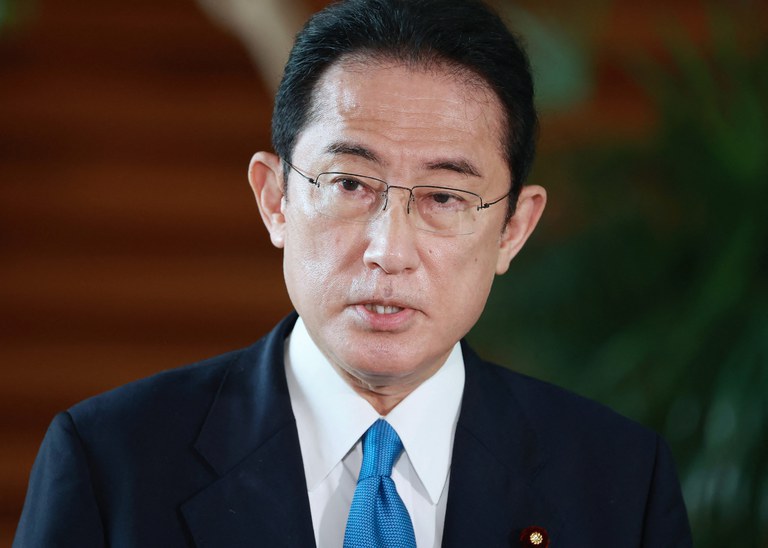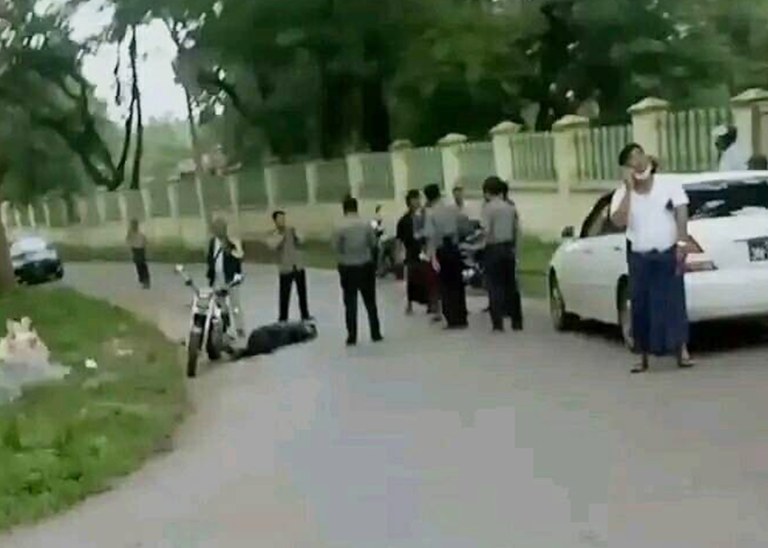Myanmar’s junta yet to send execution orders for former lawmaker, democracy activist
Myanmar’s ruling military junta has not issued execution orders for a former lawmaker from the deposed government and a prominent democracy activist sitting on death row after convictions on terrorism charges, despite reports that the men would be hanged Friday evening local time, a Prisons Department spokesman told RFA. On June 3, the junta announced that it would proceed with the planned executions of former Member of Parliament Phyo Zeya Thaw and Ko Jimmy, a longtime democracy activist and former leader of the 88 Generation Students Group. Anti-regime opponents Aung Thura Zaw and Hla Myo Aung are also facing the death penalty. Myanmar’s military, which seized control from the democratically elected government in a February 2021 coup, has cracked down on anti-regime activists, sentencing more than 100 to death. The executions of Phyo Zeya Thaw and Ko Jimmy, whose real name is Kyaw Min Yu, would be the country’s first judicial executions since 1990. Authorities had not received execution orders from the junta for Phyo Zeya Thaw and Ko Jimmy, who are being held in Yangon’s Insein Prison, said Prisons Department spokesman Khin Shwe. “We haven’t receive anything from the superiors,” he said. “We also don’t know about the news that they will be hanged this evening and that there had been religious rites in prison for the inmates.” All four inmates are in good health and have been transferred to death row where they are wearing orange prison suits given to those facing execution, he said. Junta spokesman, Maj. Gen. Zaw Min Tun, told RFA on Tuesday that all four men would be executed under the regular procedures of the Prisons Department. Cambodian Prime Minister Hun Sen, current chair of the Association of Southeast Asian Nations (ASEAN), sent a written appeal on Friday to Sen. Gen. Min Aung Hlaing, head of the State Administration Council (SAC), the formal name of the junta regime, to “reconsider the sentences and refrain from carrying out the death sentences.” “The death sentences and reported planned execution of a number of anti-SAC individuals have attracted great concern among ASEAN member states, as well as ASEAN external partners,” he wrote. If carried out, the executions “would trigger a very strong and widespread negative reaction from the international community” and hurt efforts to find a peaceful solution to the crisis in Myanmar, Hun Sen wrote. A former member of the hip-hop band Acid, Phyo Zeya Thaw served as a lawmaker from the National League for Democracy from 2012 to 2020. Following the coup and the subsequent crackdown on peaceful anti-regime protesters, he went into hiding but was arrested in November 2021. Phyo Zeya Thaw, whose real name is Maung Kyaw, and Ko Jimmy, who was arrested in October 2021, were both sentenced to death by a military tribunal this January for treason and terrorism. Activist Nilar Thein, who is the wife of Ko Jimmy, said the junta will have to take responsibility for giving her husband the death penalty. Translated by Ye Kaung Myint Maung for RFA Burmese. Written in English by Roseanne Gerin.




